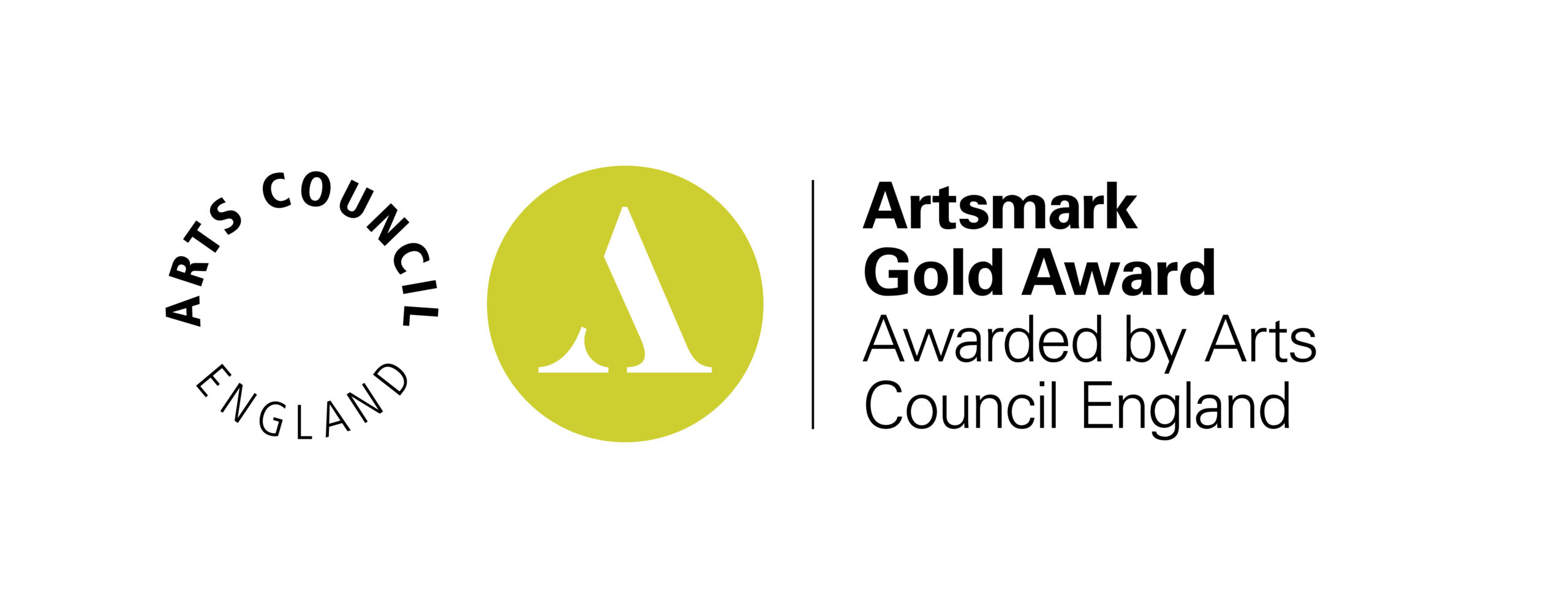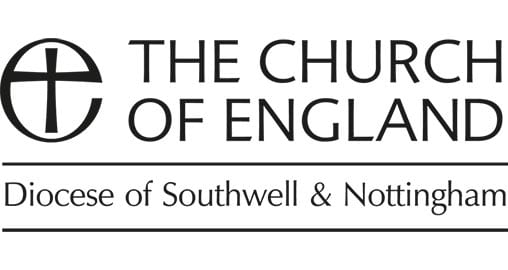Curriculum intent
As a modern foreign languages department, we wish to pass on our love for other countries and their language and culture. We wish to instil a sense of curiosity in the world through looking at French and Spanish speaking countries. In an ever changing world we also believe it’s important for students to develop an outward looking attitude and think of the benefits of learning foreign languages.
We start developing key skills for GCSE from year 7 onwards. We look at the differences and similarities between languages and cultures, we develop translation skills by looking at cognates and near-cognates, by looking at differences in word order and by realising the importance of committing to a regular programme of vocabulary learning. We use grammar terminology, which will be familiar to students from year 6 onwards and believe that by teaching a foreign language we are also helping to develop their English literacy skills too.





